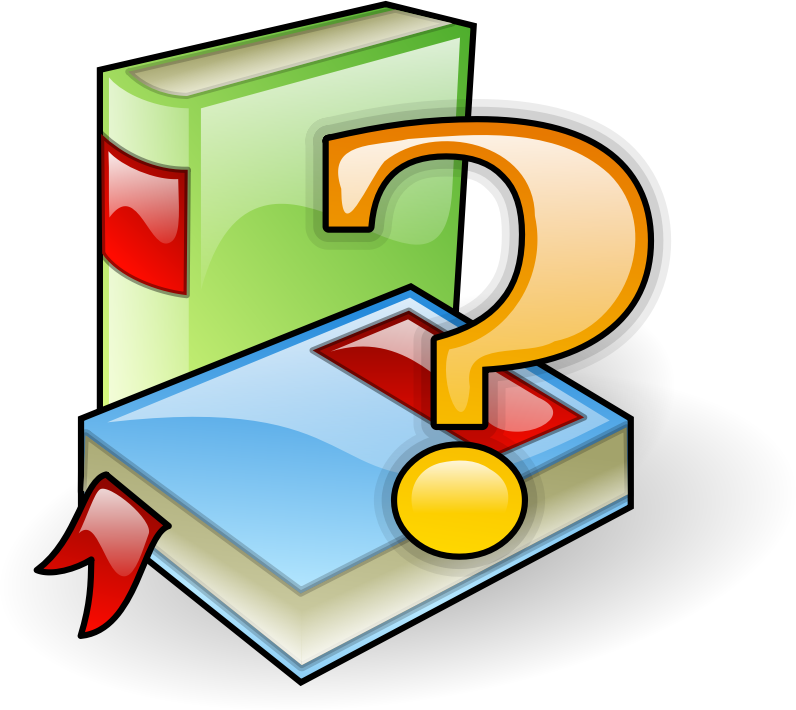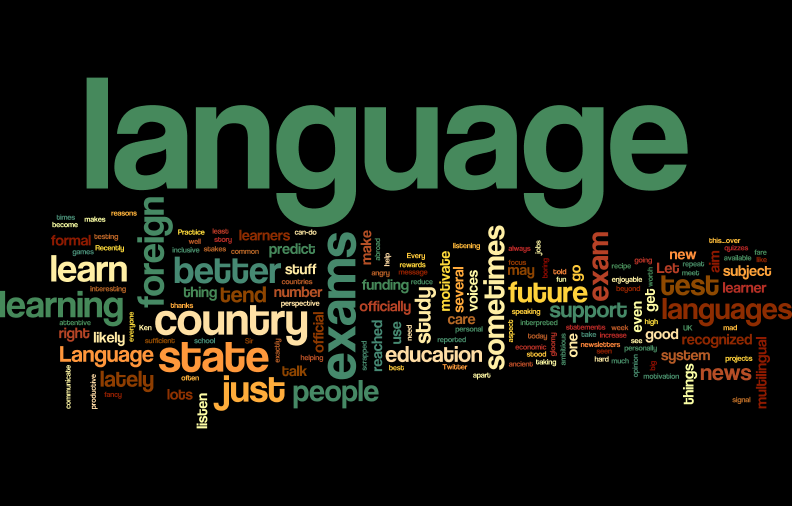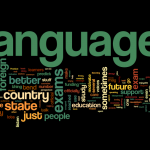
Take it from someone who works with books, married to a person who works with books: there are good ones and bad ones out there. And even within the good book league, there are useful books and less useful books. Many of them help me and my clients in getting things done; a lot of them can be used in teaching, life coaching or self coaching. So how do I decide if a book is useful or not?
There are 5 questions I prefer to ask. Instead of giving out points or stars, I found that when I think about these 5 areas, I end up with a good overall look at a book. Feel free to use or modify these as you go about your personal library; for this website – and for my coaching work – I will use those.
1. B stands for Big: What’s this book’s big idea?
A book is a story, but in my work, it’s a toolbox first and foremost. And every box of tools can be used to some effect. So my first question is this: when all works well, and all the readers of this book end up using 100% of its lessons and potential – what happens? What’s the big change which this book tries to bring? What’s the big shift in the readers’ minds, opinions, actions?
Even the smallest books have it. Even the funniest books have it. Harry Potter helped millions of people believe they had power in the face of bad events, and unleashed millions of imaginations. Dilbert comic books mock the absurd constraints of office culture, allowing readers to reflect on a saner, simpler world, where people get out of work at five and retain their lives.
Think of a big idea which a book makes you have. It’s usually an interplay between the way it’s written and the way it’s read- but it’s always there!
2. R stands for Real: What reality is being described?
Now, about Harry Potter…
The reality of J.K. Rowling’s books is close to ours, but not quite. And if you think these books were an exception, think again. Every book, manual, essay, blog post – will be written from a particular reality. And there’s no 100% match between what people write about and where people read.
It’s important to decide what the writer holds as true and real. You don’t have to agree with everything, but it’s important to know it. bell hooks (which I reviewed earlier) writes mainly of a pre-digital academia: the reality has changed since. Naomi Klein (which is on my reading list now) writes about the interplay of causes of climate change: even its existence is a topic of debate among some circles.
This may not be an easy task, but it’s worth it: take a minute to ask about the kind of world described by the book. And see where it matches yours. The next question depends upon it.
3. A stands for Action: What does the book inspire you to do?
Notice we’re not talking about “the author” at all. And notice we’re using the word “inspire” rather than “convince.” That’s because the reading, and the reader, are much more powerful here.
You can read Seth Godin’s books and become inspired to start your own advertising business in the new digital world. Or you can read the same books and lash out at how elitist, limiting and shallow their worldview is – and how impractical their lessons are for anyone still not blessed with income and digital resources. Two readings, two inspirations – possibly from the same title.
A good book will make you consider and ponder doing something in response. A great book makes you leap around the room several times a day, starting things up, writing things down, looking things up as you get an idea which is impossible to resist.
Just remember it’s your ideas, not always the writer’s.
4. V stands for Variety: What else can you read apart from (or instead of) this?
If a life coaching client seeks more empowerment in their lives, I can think of Tony Robbins or I can think of Susan Cain. Two completely different perspectives on what personal power is, and what it does – and two different types of recommendation.
This part of my review looks at the book as a toolbox again. What if someone can’t use this technique – where else can they find solutions? Suppose my clients don’t enjoy self-help authors too much – are there any fiction or biography titles where similar perspectives are described?
Very few people are able to survive their lives on one book alone. And very few books claim to be the only source of answers for everything. The more books I recommend, the better my chances of giving you a great set of tools to coach yourself.
5. E stands for Effects: How did this book work for me?
This is different from “actions.” It describes what changed in my perspective, or even in my life – as a result of reading this book. And it’s also different from the “big” part we started out with. Sometimes books with small intentions have a profound effect (“Winnie the Pooh,” anyone?) – and sometimes a book’s big goal results in something quite opposite.
I usually try to make this section as concrete as I can. “Four Hour Body” helped me trim and select my kettlebell workout routine. “The Dip” helped me, many years ago, when I was considering completing a teacher training course. “The Man Who Mistook His Wife For A Hat” allowed me to connect my psychology training with a descriptive, argument-based view of mental health…and so on.
These will vary from one reader to another. Reading about the effects the book had on people, though, may be a good argument for buying the book yourself.
These are the five questions I will be using much more often. Books are not the only thing it works for! Got any books for me to review next? Catch me on Twitter and add them to the (very, very long) list 🙂
Wiktor (Vic) Kostrzewski (MA, DELTA) is an author, translator, editor and project manage based in London. When he works, he thinks about languages, education, books, EdTech and teachers. When he doesn’t work, he probably trains for his next triathlon or drinks his next coffee.
BRAVE Learning (formerly known as 16 Kinds) is a lifelong learning and productivity blog. If you enjoy these posts, please check out one of my books and courses.
My recent publications, and my archive, is now all available on my new project: PUNK LEARNING. Hope to see you there!
 I’m going to IATEFL again this year. Last time was fun (well, depending on who you ask) and certainly gave lots of people lots of ranting material. But you don’t need conferences to see how the language learning landscape evolves. And if you just want to learn to use a language, you don’t really care. Here’s one thing I would like you to think about today. It’s important regardless of the language you’re learning or teaching.
I’m going to IATEFL again this year. Last time was fun (well, depending on who you ask) and certainly gave lots of people lots of ranting material. But you don’t need conferences to see how the language learning landscape evolves. And if you just want to learn to use a language, you don’t really care. Here’s one thing I would like you to think about today. It’s important regardless of the language you’re learning or teaching. 










